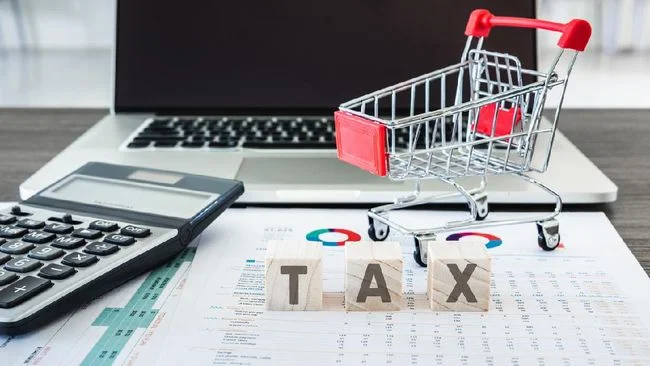Government Ensures 1 Percent VAT Increase for Luxury Goods Will Not Disrupt MSME Purchasing Power
JAKARTA — The government has emphasized that the planned increase in Value Added Tax (VAT) by 12 percent in 2025 will only apply to luxury goods and will not impact the purchasing power of Micro, Small, and Medium Enterprises (MSMEs).
This strategic step aims to strengthen state revenues while maintaining economic equality.
Deputy Chairman of the Indonesian House of Representatives for Economic and Financial Coordination, Adies Kadir, stated that the policy was taken to carry out the mandate of the Law and ensure a fairer distribution of income.
He explained that the tariff increase only applies to high-end consumer goods, while basic necessities, social services, MSME products, and agriculture remain free from VAT.
“The luxury goods consumer group, which mostly comes from the upper class, has high purchasing power so that it is able to contribute more to the country,” said Adies.
According to him, the income earned will be allocated to social programs that support low-income communities, such as health and education assistance.
Director of Counseling, Services, and Public Relations of the Directorate General of Taxes (DGT), Dwi Astuti, added that the results of the policy will be returned to the community through various forms of subsidies and social assistance.
He said programs such as the Family Hope Program (PKH), the Smart Indonesia Card (KIP), and electricity subsidies would continue to run with funding support from luxury goods VAT.
“The government also exempts VAT for goods and services needed by the people, such as rice, milk, health services, and education services, so that the general public is not affected by this policy,” said Dwi.
In addition, tax incentives for MSMEs with a turnover of up to IDR 500 million are still in place to maintain people’s purchasing power.
Coordinating Minister for Economic Affairs, Airlangga Hartarto, ensured that the increase in VAT would not disrupt national economic growth.
He said the government had prepared mitigation steps to reduce the impact of this policy.
“This policy is not implemented comprehensively. Some sectors, such as food commodities, remain exempt to ensure economic stability,” Airlangga said.
Thus, the government is optimistic that the policy of increasing VAT on luxury goods will support the development agenda without burdening MSMEs or lower-middle economic communities.
